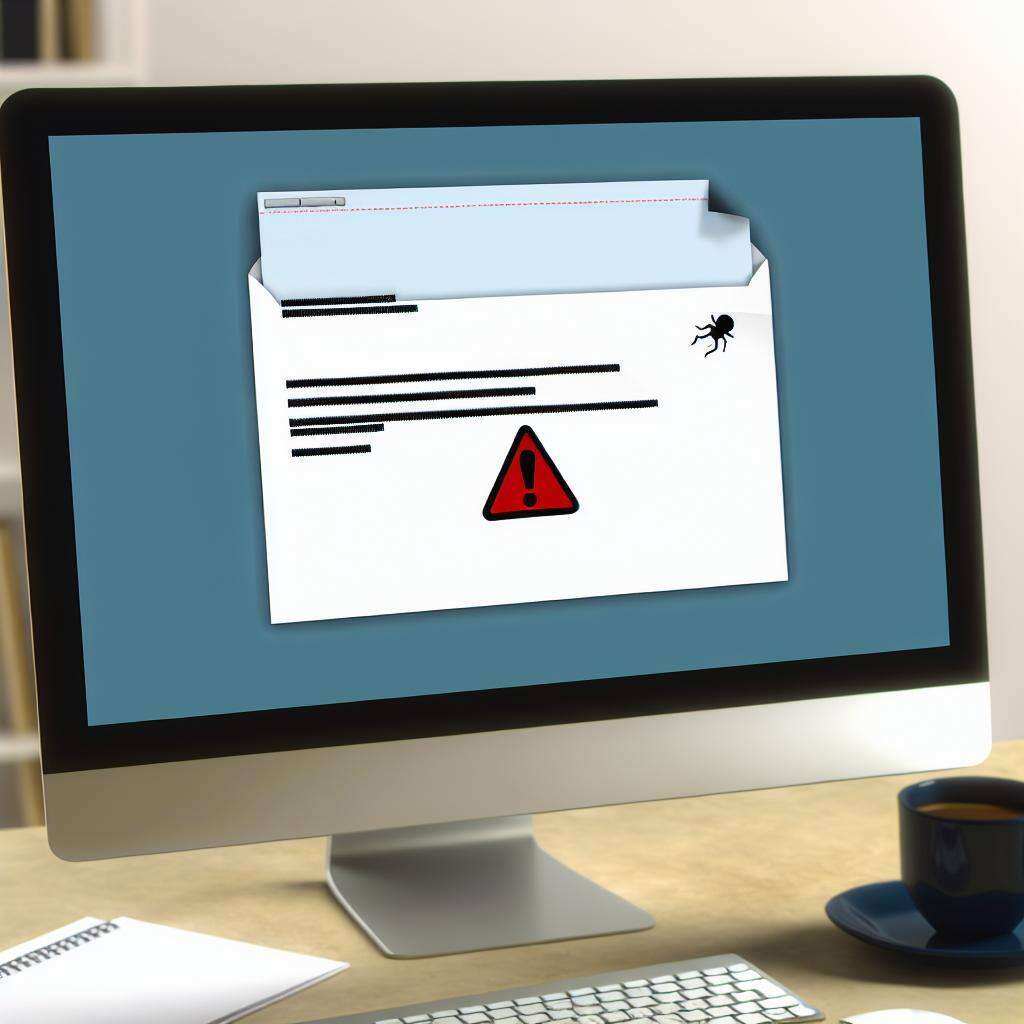Cyber Security is an on-going battle and there isn't one best way to protect yourself. Because security is so important and there are many aspects to it, The Motherboard published a great comprehensive guide on how to not get hacked. This article is updated regularly and is great for just about everyone. If you have further questions regarding cyber security and how to better protect your self contact Cyber Advisors.
Do you want to stop criminals from getting into your Gmail or Facebook account? Are you worried about the cops spying on you? We have all the answers on how to protect yourself.
One of the questions we are asked most often at Motherboard is “how can I prevent myself from getting hacked?”
Because living in modern society necessitates putting an uncomfortably large amount of trust in third parties, the answer is often “not a whole lot.” Take, for example, the massive Equifax hack that affected roughly half of the American population: Few people voluntarily signed up for the service, and yet their information was stolen anyway.
You, as an individual user, can’t do anything to prevent your email provider, or the company that holds your financial details, from getting hacked. But you can avoid phishing attacks that will let a hacker get into your individual email account, and you can also prevent a password obtained in a larger hack from being reused on another, separate account you have.
This guide isn’t comprehensive and it’s not personalized; there is no such thing as “perfect security” and there are no one-size-fits all solutions. Instead, we hope this will be a jumping-off point for people looking to batten down the hatches on their digital lives.
That’s why we’ve tried to keep this guide as accessible as possible, but if you run into any lingo you don’t know, there’s a glossary at the end of this guide to help out.This guide is the work of many people on Motherboard staff both past and present, and has been vetted by several of our sources, who we owe a great debt to. Large sections of it were written by Lorenzo Franceschi-Bicchierai, Joseph Cox, Sarah Jeong, and Jason Koebler, but the tips within it have grown out of years of writing and research on digital security by dozens of reporters and infosec professionals. Consider it a forever-ongoing work-in-progress that will receive at least one big annual refresh, as well as smaller updates when major new vulnerabilities are exposed. Special thanks to Matt Mitchell of Crypto Harlem, and Eva Galperin, of the Electronic Frontier Foundation for reviewing parts of this guide.
Anyways, enough. This is the Motherboard Guide to Not Getting Hacked.




